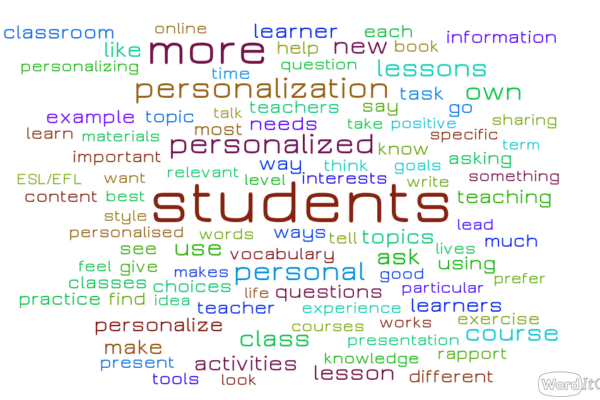To journal or not to journal: that is the question!
This month I had the opportunity to interview Professor John Hattie on the topic of Visible Learning. Although I wasn’t in front of the screen, I was responsible for most of the academic articulation behind it, and then I had to revisit some of my notes I had taken from the previous readings about this topic. This whole event has taken me down memory lane to a time, not so long ago, when the excellent Andreia Zakime (from What’s ELT?) was my mentor here at Cultura Inglesa.
In one of our final feedback sessions at that time, I told her I had the wish to dip my toes on the challenging waters of ELT research, but I had no idea where to start. She did, with all her adorableness, give me the best advice I could ever ask for: “why don’t you start a journal?”
Little did I know that this action plan would change my whole professional perspective.
There are several articles which defend the power of journaling, and I could list several links here, but the objective of this text is not really to present sources, but to tell you a bit of my experience venturing in this initiative.
I thought that for me to start writing about my experiences, I had to make use of a very academic language, which I didn’t have by that time (and I still don’t, by the way). Andreia was very reassuring, saying that the language should be the least of my concerns at that point, and it could even be one of the points I would realize I needed to work on.
I still have my first notepads, although I store most of my reflections online nowadays. I remember thinking that it was like holding a mirror in front of my classroom practices, and consequently I could become more aware of my classroom practices as well as their strengths and areas for improvement.
Now, if you wish to give this a try, this is how I have managed to do it. Mind you, I have a very busy week, with a lot of classes and a penchant for new projects, but still I get my 30 minutes a week to write down all of my experiences which I had during the week. If you ever wish to start it, but you are having a hard time finding the time slot to do it, I will be more than happy to help, you just need to add me in social medias.
Firstly, find the right media to store your journals. For the paper lovers, if you manage to find a nice notebook which is still beautiful, you can give it a try, but remember: it should be light enough for you to carry it around, because you never know when inspiration could arrive.
Secondly, be kind to yourself. Embrace your accomplishments, and know there is always room for improvement, even when you have climbed high in the professional ladder. If you are honest to yourself, chances are you will be able to spot your areas for improvement more easily.
Then, make sure you keep a corner for action plans you have, and follow through everything you plan for yourself. Re-reading previous texts I had in my notebooks always brings me great joy and a sense that I have been accomplishing my goals.
Finally, and this has to do more with life than simply the mere action of reflecting on your practices, you should find yourself a purpose for your act of writing. Purpose gives you strength when you are snowed under a lot of work and feeling you can’t cope with everything you need to do on your hectic schedule. It is not easy to keep motivated throughout the semester, I know, but journaling certainly paved the way to a more reflective teaching.






